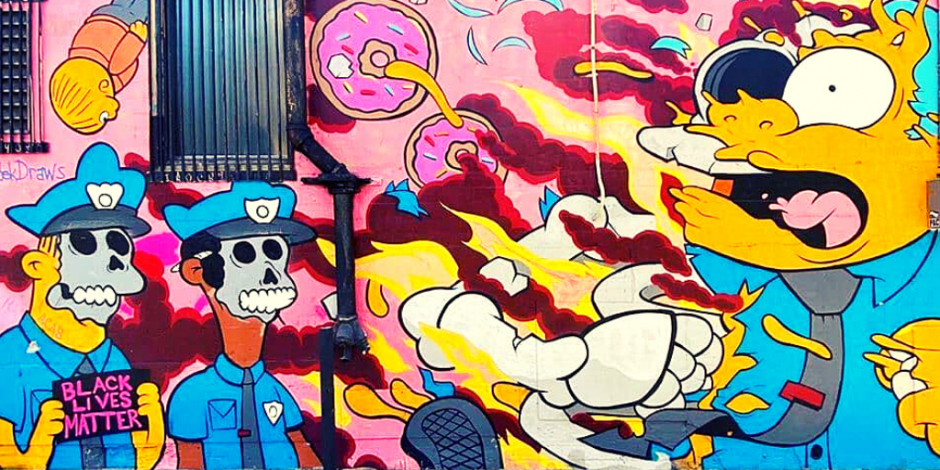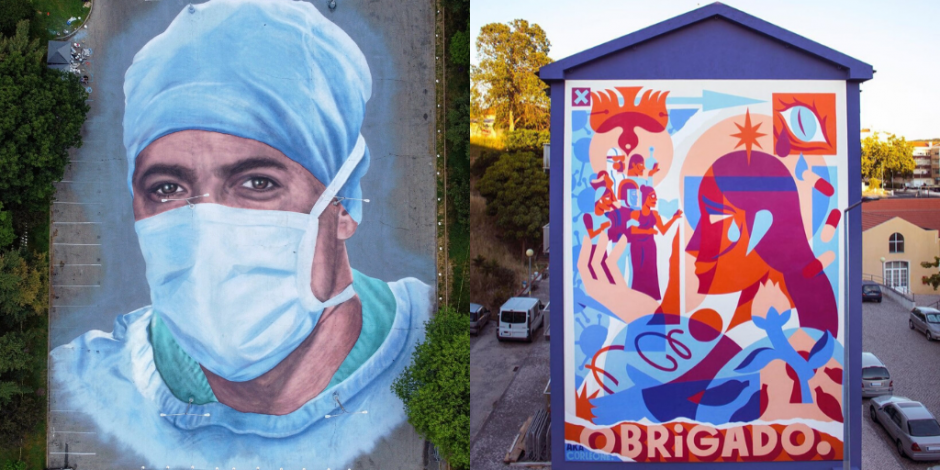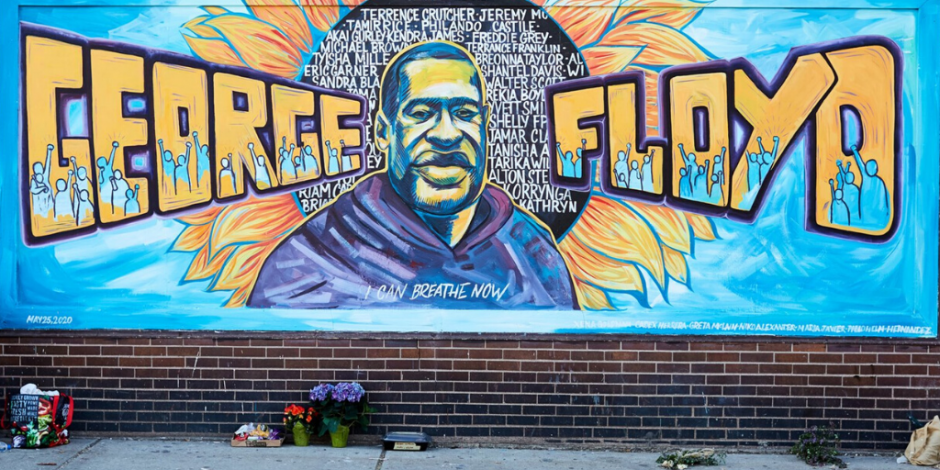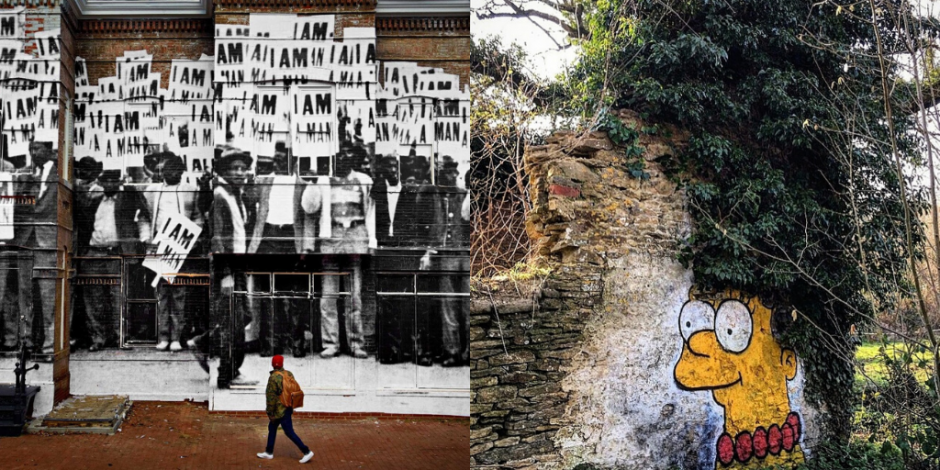'Mural painting is a non-contact sport': how Global Street Art survived lockdown
Unlike the big players in out-of-home (OOH) advertising, the small indies that power the corporate mural industry didn't have the cushion of investors' money to fall back on when the coronavirus downturn took its course. While firms like Global Street Art were among the first media casualties of the coronavirus crisis, as part of The Drum's Can-Do Festival, its chief exec sat down to share how it overcame adversity by focusing on its community projects until its commercial work starts to pick up again.

'Mural painting is a non-contact support': Against all odds, Global Street Art carries on
"We're lucky because we didn't set out originally to be an advertising company and we don't see ourselves as that," shares Lee Bofkin, co-founder and chief exec at Global Street Art. "Hand-painted advertising is the driver of the economic side of the company. But it's not the only economic driver. It's actually a relatively small part of our activity."

Bofkin shares that prior to the pandemic “we were on a great trajectory” with business doubling up from the year prior. By April, however, 95% of its commercial work had been pulled, with some rescheduled for a later date.
“So there's been a lot of change and it's been very disruptive,” admits Bofkin. “When environments change quickly, first thoughts come down to survival.
“We tried to plan ahead, to figure out what the next three months would look like. We wanted to weather the storm, and work on things that we had put on the back burner when the commercial side took over.”

And so, the Global Street Art has been spending a lot of time on the community side of things, helping friends and artists online who wanted to go out and paint again at a safe social distance.
Given you can't paint a giant mural at home, he says the team has worked on community projects with street artists who all live in the same household. "You've got to change your way of doing it," he says.
The lockdown has also given the firm time to work on its maiden festival project - London Mural Festival - which will take place as the industry starts to wake up again in September. “Some contacts were signed with one or two developers, but quite a few brands fell away,” he admits. “But as its our first year, we determined that even if we don’t get sponsorship, we would fund and make it happen ourselves. At this point, we didn’t realise how far behind we were in the planning.” After determining that it didn't need brand sponsors to carry on, Bofkin says the next hurdle was getting artists on board.
"Luckily you can think about mural painting as a non-contact sport," he says. "We have had some big international artists who want to be part of the festival, so hopefully they still can. But it depends on quarantine."

Looking forward, while July will be quiet from a commercial point of view, Bofkin says the team is expecting a busy Q4, with projects that were originally planned for lockdown being deferred until the latter third of the year.
Lee Bofkin spoke with The Drum's executive editor Stephen Lepitak as part of The Drum's Can-Do Festival, an online event celebrating the positive energy, innovation and creative thinking that can make the marketing community such a powerful force for good. You can watch the interview in full here.



 Print the article
Print the article